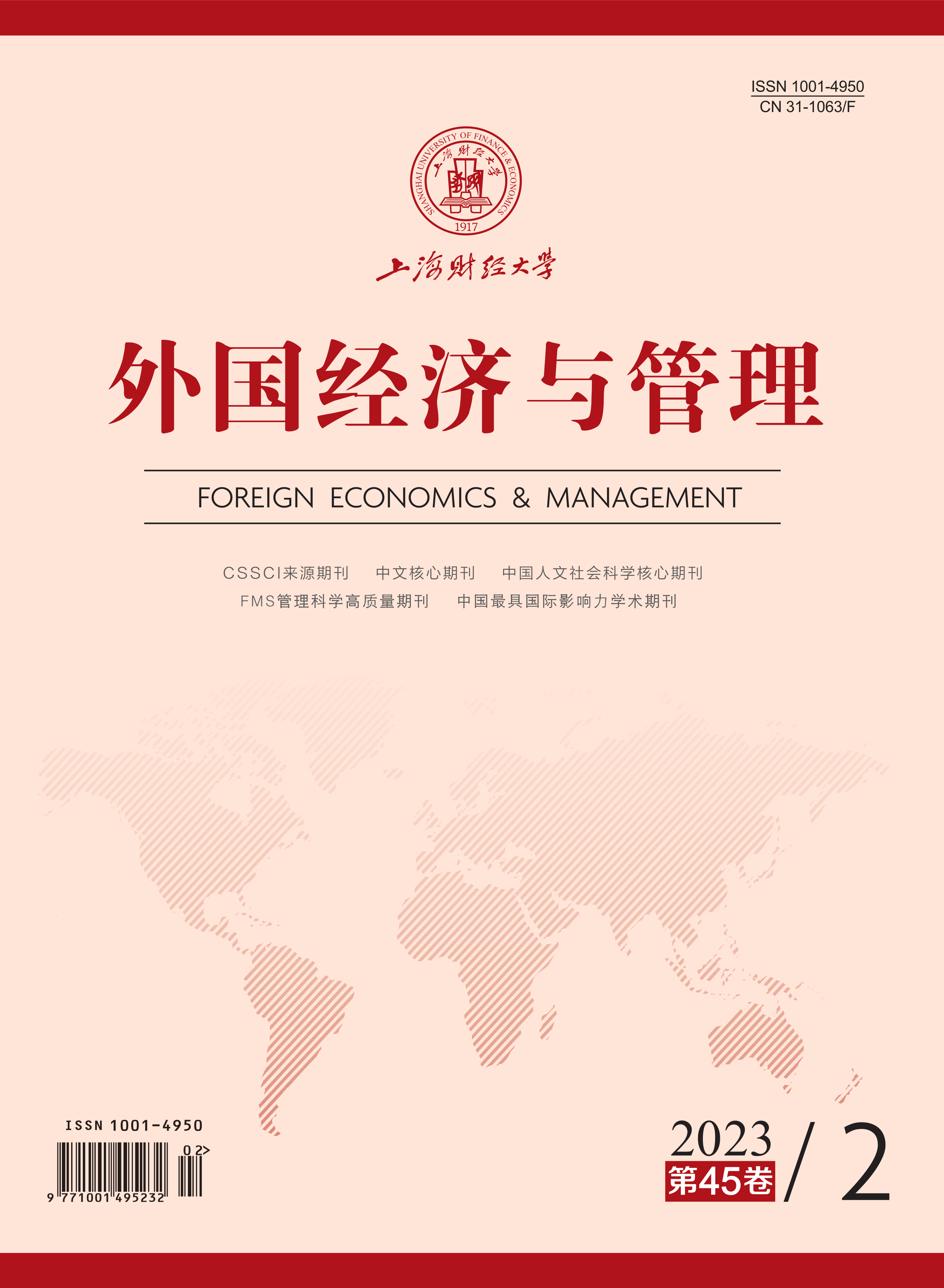In the development environment of VUCA, the importance of leadership becomes more and more prominent. Resilience, as an indispensable quality of leaders, is a key factor affecting the sustainable development of an enterprise and key leadership in uncertain times. With the increasing role of resilience in social development and management practices, resilient leadership has attracted more and more scholars’ attention. Resilient leadership is the embodiment of the two components of resilience and leadership. It is a new leadership model that can adapt to changes in the environment, help organizations successfully deal with adversity, maintain balance in difficult situations, and help companies find ways to effectively take advantage of difficulties or crises, stimulate employee morale, improve employee resilience, help companies improve performance, and help organizations recover from shocks and achieve growth.
As the concept of resilient leadership is relatively new, there is currently a lack of systematic research. Given this, this paper first combs the literature, reviews the concept and related content of resilient leadership, redefines resilient leadership, enriches the connotation of resilient leadership, discriminates between resilient leadership and crisis leadership, ambidextrous leadership, and paradoxical leadership, and deepens the understanding of resilient leadership. Secondly, based on the trait motivation theory, social information processing theory, resource preservation theory, and role gender theory, it reveals the antecedents of resilient leadership from the perspectives of personal traits, work environment, resources, experience, and gender of leaders, which is helpful for a comprehensive understanding of resilient leadership. Thirdly, starting from the outcome variables, mediating variables, and moderator variables of resilient leadership, it expounds on the impact of resilient leadership on outcome variables such as organizational performance, organizational culture, organizational commitment, employee resilience, and employee performance. Finally, it puts forward relatively rich future research suggestions from the following three perspectives, and extracts an integrated research model, hoping to promote related research on resilient leadership: (1) Explore the resilient leadership scale that fits the Chinese context. (2) Based on the self-efficacy theory, job resource-demand model, broaden-and-build theory of positive emotions and high-quality connection theory, deeply explore the antecedents of resilient leadership. (3) Explore the double-edged-sword effect of resilient leadership on organizations, employees and leaders themselves.
The study enriches the connotation of resilient leadership, provides a theoretical reference for the empirical research of resilient leadership in the future and brings some enlightenment to the organization on how to maximize the positive role of resilient leadership and avoid its negative impact.





 7584
7584  10263
10263

